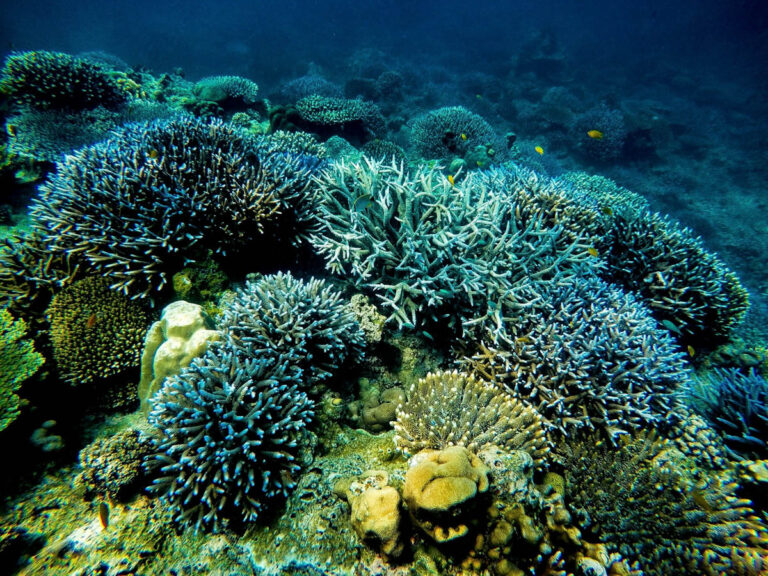Thailand has introduced comprehensive reforms to its diving industry, aiming to enhance safety standards and safeguard its marine environments. The Ministry of Tourism and Sports, in collaboration with the Marine Department, has established national standards for diving instruction and certifications, aligning with international best practices.
Standardization of Diving Certifications
The new regulations officially recognize certifications from leading international diving organizations, including:
- Professional Association of Diving Instructors (PADI)
- National Association of Underwater Instructors (NAUI)
- Scuba Schools International (SSI)
- Confédération Mondiale des Activités Subaquatiques (CMAS)
These standards encompass a range of programs, from introductory experiences like Discover Scuba Diving to advanced courses. Diving instructors operating in Thailand are now required to hold valid certifications from these recognized bodies and adhere to additional criteria set by Thai authorities, focusing on safety, environmental awareness, and student supervision.
Ban on Underwater Photography During Training
In a move to protect delicate coral ecosystems, the Ministry of Natural Resources and Environment has prohibited scuba-diving trainees and instructors from taking photographs underwater during training and examination dives. This measure addresses concerns over coral damage attributed to diving activities.
Should trainees or instructors wish to have underwater photographs, they must engage qualified divers who have completed advanced certification courses, such as:
- Advanced Open Water Diver (PADI or SSI)
- Advanced Scuba Diver (NAUI)
- Equivalent certifications from other recognized bodies
Additional Measures for Marine Conservation
The ministerial order also includes:
- A ban on snorkeling in areas where the water depth is less than two meters above coral reefs.
- A requirement for snorkelers to wear life vests unless they have completed certified scuba diving or freediving courses.
Violations of these regulations may result in penalties, including imprisonment for up to two years and/or fines up to 200,000 baht, as stipulated by the Act on the Promotion of Marine and Coastal Resources Management.
Implications for the Diving Community
These reforms are part of Thailand’s broader initiative to promote sustainable tourism and marine conservation. Dive operators and instructors are urged to familiarize themselves with the new regulations to ensure compliance and contribute to the preservation of the country’s rich marine biodiversity.
For more information, stakeholders can contact the Ministry of Tourism and Sports via their official website: https://www.mots.go.th
Sources: Royal Thai Government Gazette, Bangkok Post







